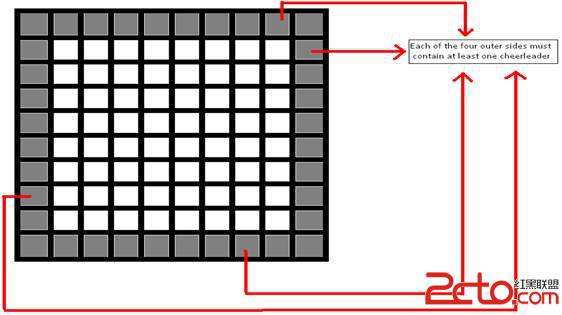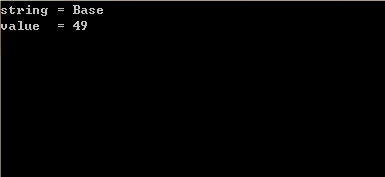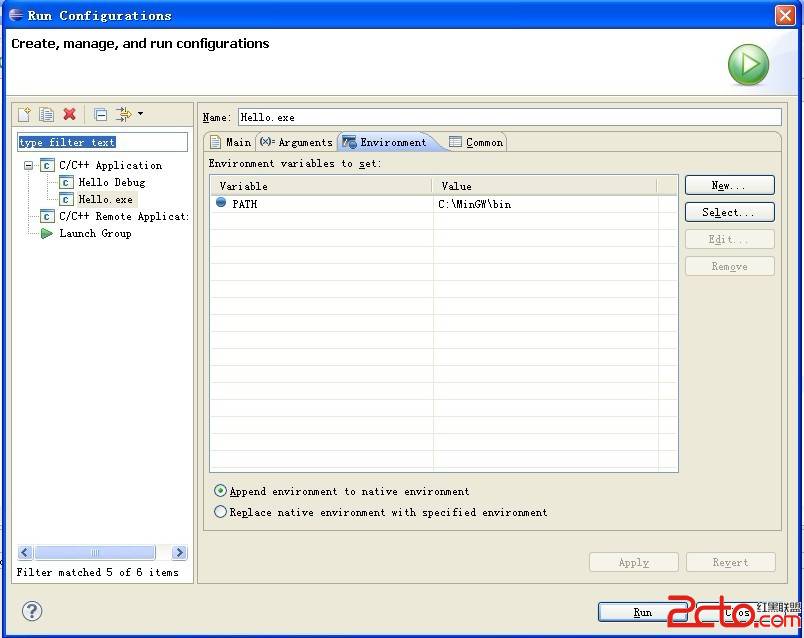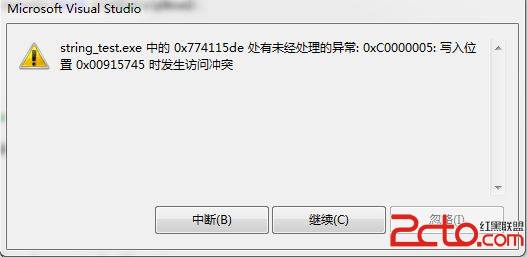file_operations结构体介绍
1.在内核中file_operations源码 linux-2.6.38/include/linux/fs.h
[cpp]
/*
* NOTE:
* all file operations except setlease can be called without
* the big kernel lock held in all filesystems.
*/
struct file_operations {
struct module *owner;
loff_t (*llseek) (struct file *, loff_t, int);
ssize_t (*read) (struct file *, char __user *, size_t, loff_t *);
ssize_t (*write) (struct file *, const char __user *, size_t, loff_t *);
ssize_t (*aio_read) (struct kiocb *, const struct iovec *, unsigned long, loff_t);
ssize_t (*aio_write) (struct kiocb *, const struct iovec *, unsigned long, loff_t);
int (*readdir) (struct file *, void *, filldir_t);
unsigned int (*poll) (struct file *, struct poll_table_struct *);
long (*unlocked_ioctl) (struct file *, unsigned int, unsigned long);
long (*compat_ioctl) (struct file *, unsigned int, unsigned long);
int (*mmap) (struct file *, struct vm_area_struct *);
int (*open) (struct inode *, struct file *);
int (*flush) (struct file *, fl_owner_t id);
int (*release) (struct inode *, struct file *);
int (*fsync) (struct file *, int datasync);
int (*aio_fsync) (struct kiocb *, int datasync);
int (*fasync) (int, struct file *, int);
int (*lock) (struct file *, int, struct file_lock *);
ssize_t (*sendpage) (struct file *, struct page *, int, size_t, loff_t *, int);
unsigned long (*get_unmapped_area)(struct file *, unsigned long, unsigned long, unsigned long, unsigned long);
int (*check_flags)(int);
int (*flock) (struct file *, int, struct file_lock *);
ssize_t (*splice_write)(struct pipe_inode_info *, struct file *, loff_t *, size_t, unsigned int);
ssize_t (*splice_read)(struct file *, loff_t *, struct pipe_inode_info *, size_t, unsigned int);
int (*setlease)(struct file *, long, struct file_lock **);
long (*fallocate)(struct file *file, int mode, loff_t offset,
loff_t len);
};
/*
* NOTE:
* all file operations except setlease can be called without
* the big kernel lock held in all filesystems.
*/
struct file_operations {
struct module *owner;
loff_t (*llseek) (struct file *, loff_t, int);
ssize_t (*read) (struct file *, char __user *, size_t, loff_t *);
ssize_t (*write) (struct file *, const char __user *, size_t, loff_t *);
ssize_t (*aio_read) (struct kiocb *, const struct iovec *, unsigned long, loff_t);
ssize_t (*aio_write) (struct kiocb *, const struct iovec *, unsigned long, loff_t);
int (*readdir) (struct file *, void *, filldir_t);
unsigned int (*poll) (struct file *, struct poll_table_struct *);
long (*unlocked_ioctl) (struct file *, unsigned int, unsigned long);
long (*compat_ioctl) (struct file *, unsigned int, unsigned long);
int (*mmap) (struct file *, struct vm_area_struct *);
int (*open) (struct inode *, struct file *);
int (*flush) (struct file *, fl_owner_t id);
int (*release) (struct inode *, struct file *);
int (*fsync) (struct file *, int datasync);
int (*aio_fsync) (struct kiocb *, int datasync);
int (*fasync) (int, struct file *, int);
int (*lock) (struct file *, int, struct file_lock *);
ssize_t (*sendpage) (struct file *, struct page *, int, size_t, loff_t *, int);
unsigned long (*get_unmapped_area)(struct file *, unsigned long, unsigned long, unsigned long, unsigned long);
int (*check_flags)(int);
int (*flock) (struct file *, int, struct file_lock *);
ssize_t (*splice_write)(struct pipe_inode_info *, struct file *, loff_t *, size_t, unsigned int);
ssize_t (*splice_read)(struct file *, loff_t *, struct pipe_inode_info *, size_t, unsigned int);
int (*setlease)(struct file *, long, struct file_lock **);
long (*fallocate)(struct file *file, int mode, loff_t offset,
loff_t len);
};
1.struct module *owner
第一个file_operations 成员根本不是一个操作;它是一个指向拥有这个结构的模块的指针.这
个成员用来在它的操作还在被使用时阻止模块被卸载.几乎所有时间中,它被简单初始化为
THIS_MODULE, 一个在<linux/module.h> 中定义的宏.
2.loff_t (*llseek) (struct file *, loff_t, int);
llseek 方法用作改变文件中的当前读/写位置,并且新位置作为(正的)返回值.loff_t 参数是一
个"longoffset", 并且就算在32位平台上也至少64 位宽.错误由一个负返回值指示.如果这个
函数指针是NULL, seek 调用会以潜在地无法预知的方式修改file 结构中的位置计数器.
3.ssize_t (*read) (struct file *, char __user *, size_t, loff_t*);
用来从设备中获取数据.在这个位置的一个空指针导致read 系统调用以-EINVAL("Invalid
argument") 失败.一个非负返回值代表了成功读取的字节数(返回值是一个"signed size" 类型,
常常是目标平台本地的整数类型).
4.ssize_t (*aio_read)(struct kiocb *, char __user *, size_t,loff_t);
初始化一个异步读-- 可能在函数返回前不结束的读操作.如果这个方法是NULL, 所有的操
作会由read 代替进行(同步地).
5.ssize_t (*write) (struct file *, const char __user *, size_t,loff_t *);
发送数据给设备.如果NULL, -EINVAL 返回给调用write 系统调用的程序.如果非负,返回值
代表成功写的字节数.
6.ssize_t (*aio_write)(struct kiocb *, const char __user *,size_t, loff_t *);
初始化设备上的一个异步写.
7.int (*readdir) (struct file *, void *, filldir_t);
对于设备文件这个成员应当为NULL; 它用来读取目录,并且仅对文件系统有用.
8.unsigned int (*poll) (struct file *, struct poll_table_struct*);
poll 方法是3 个系统调用的后端:poll, epoll, 和select, 都用作查询对一个或多个文件描述符的
读或写是否会阻塞.poll 方法应当返回一个位掩码指示是否非阻塞的读或写是可能的,并且,
可能地,提供给内核信息用来使调用进程睡眠直到I/O 变为可能.如果一个驱动的poll 方法
为NULL, 设备假定为不阻塞地可读可写.
9.int (*ioctl) (struct inode *, struct file *, unsigned int,unsigned long);
ioctl 系统调用提供了发出设备特定命令的方法(例如格式化软盘的一个磁道,这不是读也不
是写).另外,几个ioctl 命令被内核识别而不必引用fops 表.如果设备不提供ioctl 方法,对于
任何未事先定义的请求(-ENOTTY,"设备无这样的ioctl"), 系统调用返回一个错误.
10.int (*mmap) (struct file *, struct vm_area_struct *);
mmap 用来请求将设备内存映射到进程的地址空间.如果这个方法是NULL, mmap 系统调用
返回-ENODEV.
11.int (*open) (struct inode *, struct file *);
尽管这常常是对设备文件进行的第一个操作,不要求驱动声明一个对应的方法.如果这个项
是NULL, 设备打开一直成功,但是你的驱动不会得到通知.
12.int (*flush) (struct file *);
flush 操作在进程关闭它的设备文件描述符的拷贝时调用;它应当执行(并且等待)设备的任何
未完成的操作.这个必须不要和用户查询请求的fsync 操作混淆了.当前,flush 在很少驱动中
使用;SCSI 磁带驱动使用它,例如,为确保所有写的数据在设备关闭前写到磁带上.如果flush
为NULL, 内核
补充:软件开发 , C++ ,




